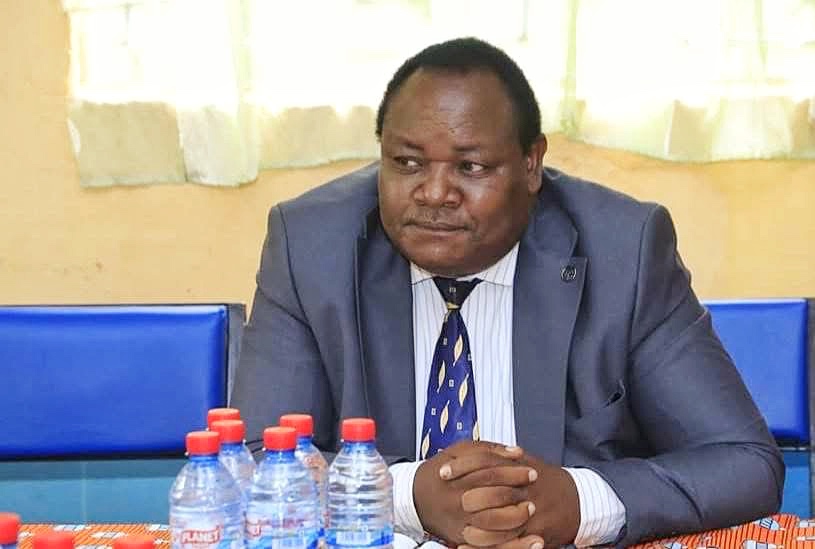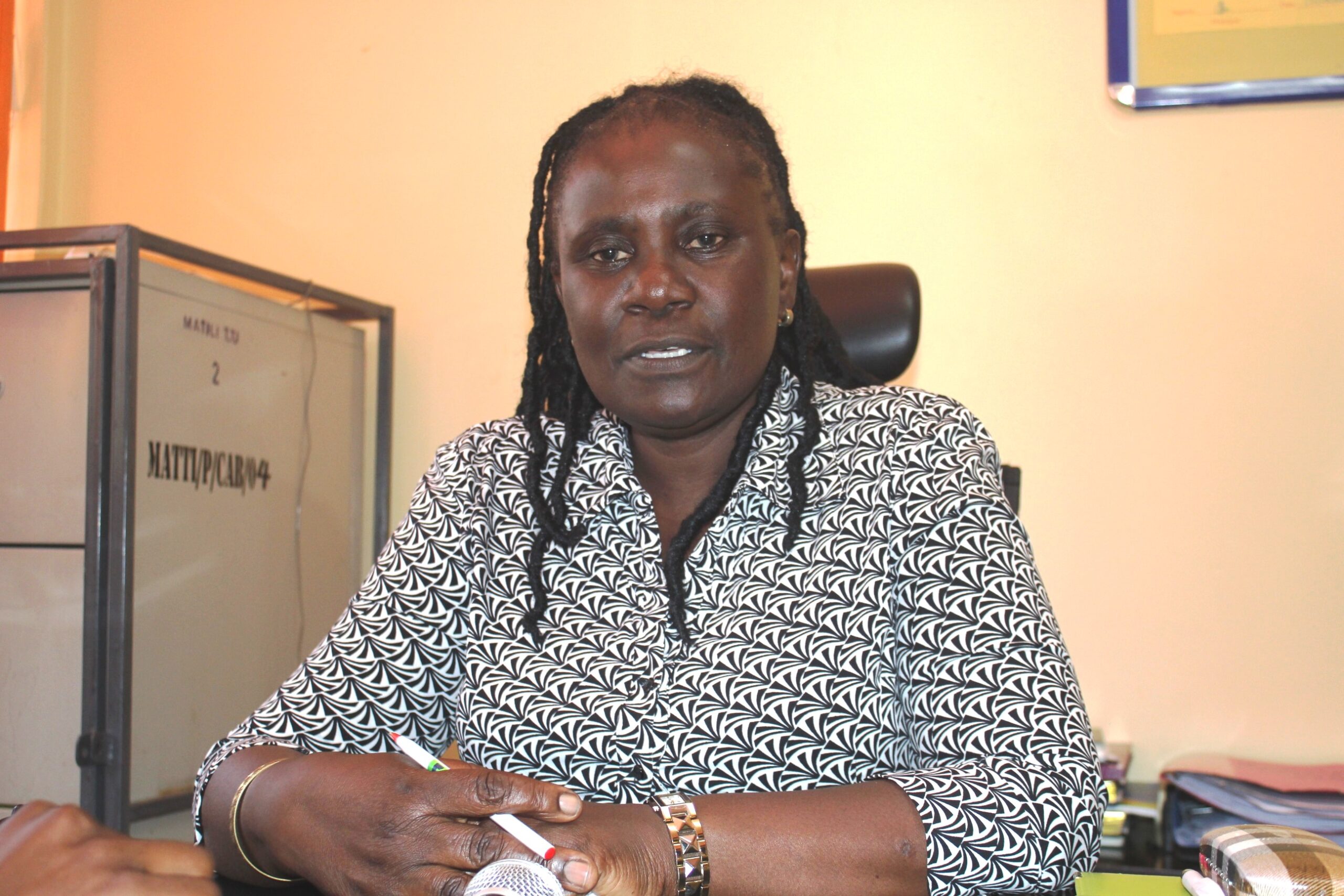A prolonged legal impasse pitting public university unions against the Ministry of Education and the Salaries and Remuneration Commission (SRC) over the implementation of the 2017–2021 Collective Bargaining Agreements (CBAs) has left Kenya’s higher education sector mired in industrial unrest and financial uncertainty.
The gathering, of October 13, 2025, was convened in Machakos to validate and adopt the Joint Negotiations Committee (JNC) Technical Audit Report on the implementation of the 2017–2021 CBAs for public universities.
The forum marked the conclusion of months of rigorous financial verification and technical review, aimed at reconciling salary arrears from years of disagreement between universities, unions, and state agencies over the correct pay computation model and the actual financial cost of the agreements.
The Machakos session formally approved the verified financial findings and aligned interpretations of salary structures across public universities. It adopted the audit as the official record of outstanding obligations.
It also served as a unifying platform where stakeholders — representing university councils, workers’ unions, and government departments — endorsed a single position on the long-contested arrears.
Present during the Machakos deliberations were Prof. Romanus Odhiambo (Chair, JNC); Mr Odoyo Genga (Co-Chair, IPUCCF); Dr Charles Mukhwaya (KUSU); Mr Albert Njeru (KUDHEIHA); Mr George Juma (JNC Secretariat); Dr Grace Nyongesa (Ministry of Education); Mr Eric Bosire (National Treasury); and Mr Justus Musyoka (SRC). Also attending were Prof. Emily Akuno and Prof. Erastus Njoka of IPUCCF; Dr Daniel Ojwang and Dr Peter Waweru from the JNC Technical Committee; Mr Fredrick Kinyua (JNC Secretariat); Ms Ruth Adhiambo (Recording Secretary); and Mr Joel Kibet (IPUCCF Secretariat).
The audit report pointed out that the Employment and Labour Relations Court, in its ruling of January 28, 2021, upheld the diagonal salary progression method as the lawful basis for CBA implementation.
However, the Ministry of Education and SRC appealed the ruling, delaying implementation until March 2025, when the Court of Appeal upheld the unions’ position and dismissed the government’s challenge.
“The prolonged litigation over computation methods significantly disrupted industrial harmony and delayed realisation of staff benefits lawfully due under the 2017–2021 CBAs,” the report observed.
During the four-year delay, most universities continued to apply the horizontal model, defying court directions and denying staff legitimate cumulative increments.
“By applying a horizontal model, universities failed to recognise cumulative annual progression, thereby reducing staff earnings and violating established CBA principles,” the committee noted.
The audit attributed the prolonged stalemate largely to SRC’s advisory to universities, which contradicted judicial orders.
“The SRC’s position, communicated to universities in 2021, contradicted a standing court order and created unnecessary administrative confusion,” the report stated.
According to the verified findings, Sh16.57 billion was required for full implementation. However, only Sh8.8 billion was released, resulting in a shortfall of Sh7.77 billion.
“The extended legal wrangles eroded trust between stakeholders, strained staff morale, and affected the academic calendar in most public universities,” the report concluded.
READ ALSO:
Joint Committee audit faults SRC for flawed pay model that shortchanged university staff
At the time of the report’s adoption, universities were facing a nationwide strike that began in September 2025, spearheaded by UASU, KUSU, and KUDHEIHA, demanding payment of arrears and enforcement of the court-sanctioned computation model.
“Industrial unrest witnessed in September 2025 was an inevitable outcome of prolonged non-compliance with legally binding CBA terms,” the report noted.
The audit urged the Ministry of Education and the National Treasury to move swiftly to release funds and restore industrial peace.
“The Ministry of Education and Treasury should jointly formulate a settlement plan within the current financial year to restore industrial peace and rebuild confidence among employees,” the report recommended.
By Joseph Mambili
You can also follow our social media pages on Twitter: Education News KE and Facebook: Education News Newspaper for timely updates.
>>> Click here to stay up-to-date with trending regional stories
>>> Click here to read more informed opinions on the country’s education landscape






